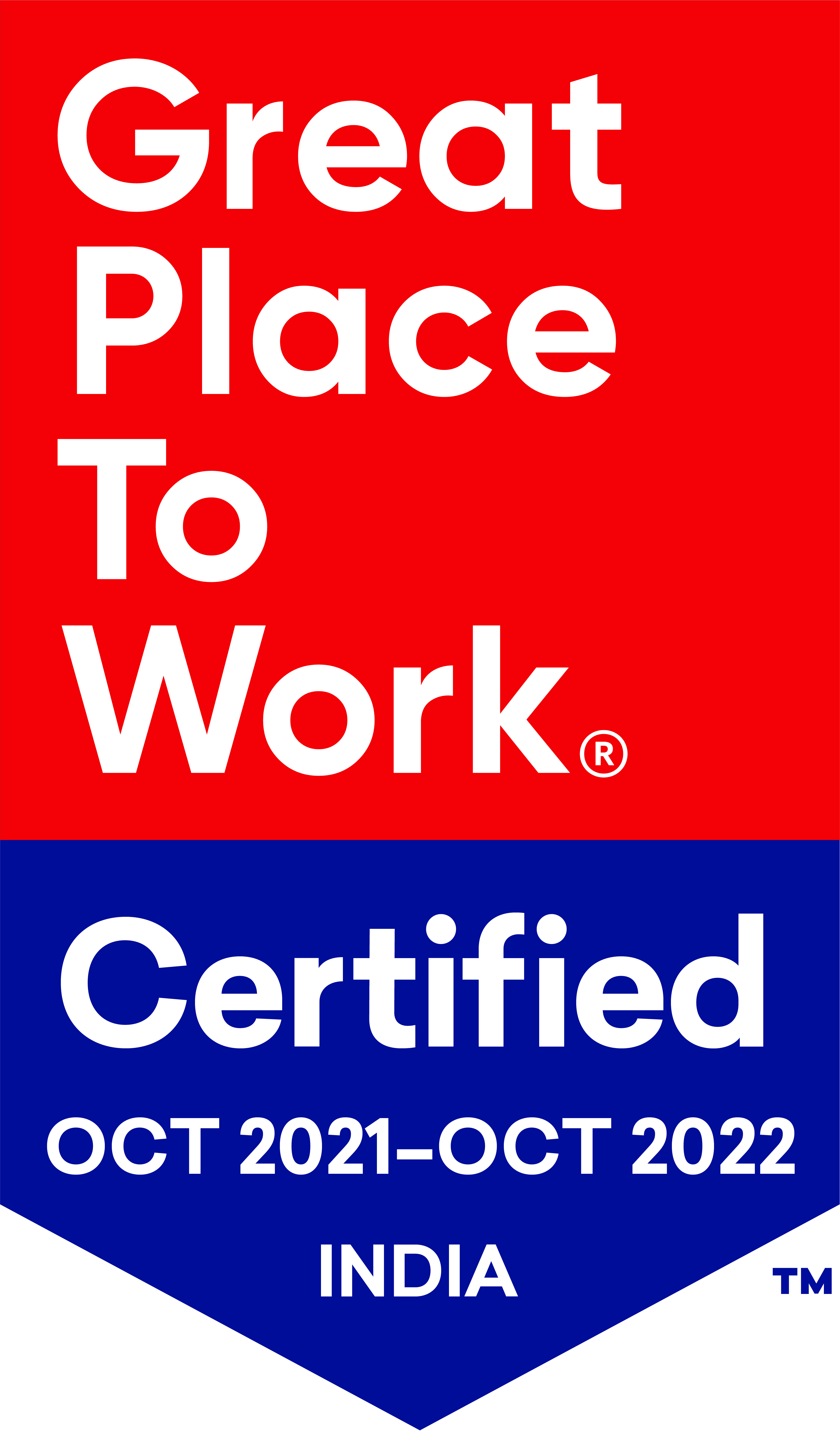We Count – Standing up for those that matter
New Delhi-
“It’s time for each of us to step up for human rights. There is no action that is too small: wherever you are, you can make a difference. Together, let’s take a stand for more humanity.”
– Zeid Ra’ad Al Hussein, UN High Commissioner for Human Rights
Today on the 78th anniversary of the Universal Declaration of Human Rights celebrated every year on the 10th of December as International Human Rights day, India has a commitment to fulfill towards vulnerable and marginalized communities.
Human rights are inherent and universal in nature, and the realisation of these rights are closely guarded by the law.
Continuing with the 2014 campaign, ‘Do we count?’ India HIV/AIDS Alliance highlights the importance of including marginalized groups especially among communities most affected by HIV, such as female sex workers, men who have sex with men, people who inject drugs, transgender and Hijras in protection and promotion of human rights. In case of female sex workers the Immoral Trafficking Prevention Act (ITPA), men who have sex with men, Transgender and Hijra – section 377a and for people who inject drugs – the NDPS Act are often in conflict with human rights.
Sonal Mehta, Chief Executive, India HIV/AIDS Alliance emphasised that “Violation of human rights and fear of prosecution is one of the biggest drivers of the HIV epidemic that seriously undermines the reach and ability of individuals to take ownership of their own lives, to be able to access services as well as demand services.” She went on to say that “Like the rest of the world we too must take concrete steps in protecting and promoting human rights for all.”
The Transgender bill recognising the third gender in India is a perfect example of government taking steps in ensuring human and health rights are enshrined and realised. However, the reading down of section 377 by the Delhi High Court which was reversed by the Supreme Court, standing discourse on ITPA and the long pending HIV/AIDS bill in parliament unfortunately regress the successes achieved,” said Simran Sheikh a transgender activist with Alliance India.
The HIV response globally as well as in India, is a prime example of the fact the when human rights are embedded and are the core of programme, it leads to long term substantial gains. However, what it also highlights that it had to take an epidemic of global proportion, where millions had to perish to focus on the inequalities that exist and put individuals affiliated to certain communities or behaviours extremely vulnerable to HIV.
“This human rights day, in line with our mission statement, ‘to support community action to prevent HIV infection, meet the challenges of AIDS, and build healthier communities’, India HIV/AIDS Alliance stands with the communities at risk, re-committing to support the human rights, and appeal to the larger society and Government to come forward and stand with us in this mission” urged Ms Mehta.
About India HIV/AIDS Alliance:
India HIV/AIDS Alliance (Alliance India) is a diverse partnership that brings together committed organisations and communities to support a sustained response to HIV in India. Complementing the national programme in India, the organisation works through capacity building, knowledge sharing, technical support and advocacy. Through our network of partners, Alliance India supports the delivery of effective, innovative, community‐based HIV programmes to key groups affected by the epidemic.
For more information, visit:
Website: http://161.97.102.221/~demoallianceindi/
Facebook: https://www.facebook.com/indiahivaidsalliance
Twitter: https://twitter.com/AllianceinIndia India HIV/AIDS Alliance
Other Recent Articles
- The COVID-19 pandemic through a transgender person’s lens 20 May, 2021
- The first-ever National Transgender Summit reaffirmed the rights of the transgender community 16 April, 2021
- Our Reflection on World Health Day 2021 7 April, 2021
- Vihaan Care and Support Programme Review Meeting 6 April, 2021
- Never too late to save one more life 25 March, 2021
- Ensuring ART adherence among the discordant couple 12 January, 2021
- Providing counselling and support to decrease loss-to-follow-up among PLHIV receiving ART 29 December, 2020
- Human Rights & Faith for People Who Use Drugs in Times of Pandemic 21 December, 2020
- Walking the talk: Making services community-led in India’s HIV response 21 December, 2020
- Press Release: The Launch of Faith For Harm Reduction Manual 19 December, 2020
- Made by Nicdark - Copyright 2020
- donations@ong.com
- volunteers@ong.com
- contact@ong.com
India HIV/AIDS Alliance
A not-for-profit Section 8 Company with Registration No: U85310DL1999NPL098570
Contact
-
6, Community Centre
Zamrudpur Kailash Colony Extension
New Delhi – 110048 - +91-11-4536-7700
Download
Quick links
©2021 All Rights Reserved by Alliance India



Leave a Reply